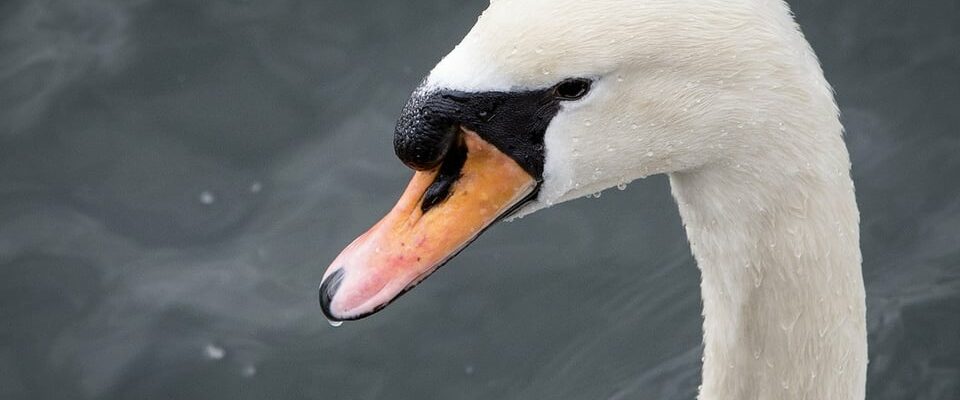- A dead swan infected with the highly contagious bird flu virus (HPAI) was found in Zurich’s wine region.
- In consultation with the federal government, the Veterinary Office of the Canton of Zurich has set up a control and observation area.
- Poultry farmers must once again adhere to strict local hygiene measures and are not allowed to let their animals outdoors.
- A new vaccine promises hope: reliable test results are expected this month.
It is still “only” a dead swan that the authorities have found to have the bird flu virus. The measures are limited to a radius of three kilometers around the site in Kleinandelfingen. But the case brings back unpleasant memories of the situation in recent years.
In Europe alone, tens of millions of chickens, ducks and geese have had to be killed since 2020, and over 140 million worldwide. The virus also raged among wild birds, although not all species were affected equally.
In the largest black-headed gull colony in Switzerland, in Neeracherried in Dielsdorf ZH, for example, around 100 animals died in June 2023, a third of the population.
Legend:
When it comes to wild birds, the situation in this country and elsewhere in Europe has eased somewhat. But not all wild birds have developed resistance to the bird flu virus.
Keystone/Melanie Duchene
The Federal Food Safety and Veterinary Office (BLV) assumes that there will also be an increase in bird flu cases this winter. People remain vigilant and monitor the dynamics carefully, writes the BLV at the request of the regional journal Zurich Schaffhausen. Poultry farmers would also be informed. “In December, two calls for vigilance were published on the BLV’s social networks.” However, no further measures are currently planned.
First results on the vaccine this January
A vaccine could massively ease the situation for domestic poultry. One of these is being tested, for example, in the animal park in Bern or in the Basel Zoo – and it sounds promising: the animals tolerated the vaccine well, according to the research project’s website. No side effects were noted.
A total of 317 animals from 24 bird species were vaccinated. “The first reliable results are expected in January 2024,” says the BLV. However, it will still take some time before approval is granted. “We don’t assume that it will be very soon,” says Stefan Buholzer, deputy cantonal veterinarian for the canton of Zurich.
Poultry farmers react calmly
However, the new flare-up of bird flu is not causing nervousness among professional poultry farmers. He was not surprised and was well prepared, says farmer Reto Wipf from the Martella farm in Marthalen, for example. He keeps up to 4,500 chickens, which he now has to protect again. “We expected bird flu cases to appear again from mid to late autumn.”
If the chickens could go out but weren’t allowed to, it hurts the heart.
At the moment it is not a problem to keep the chickens in the coop or winter garden, “when it is cool they are less likely to go outside anyway”. Things will be different if the measures remain until spring, like last year. “If the chickens could go out but weren’t allowed to, it hurts the heart.”
It is not yet clear how long the measures will last this time. Like the authorities, Reto Wipf doesn’t expect it to be just one case.
It remains to be seen whether there will be a new wave and how serious it will be, says Zurich cantonal veterinarian Stefan Buholzer. But: “We expect further cases in the wild bird population, including in other areas and cantons.”
